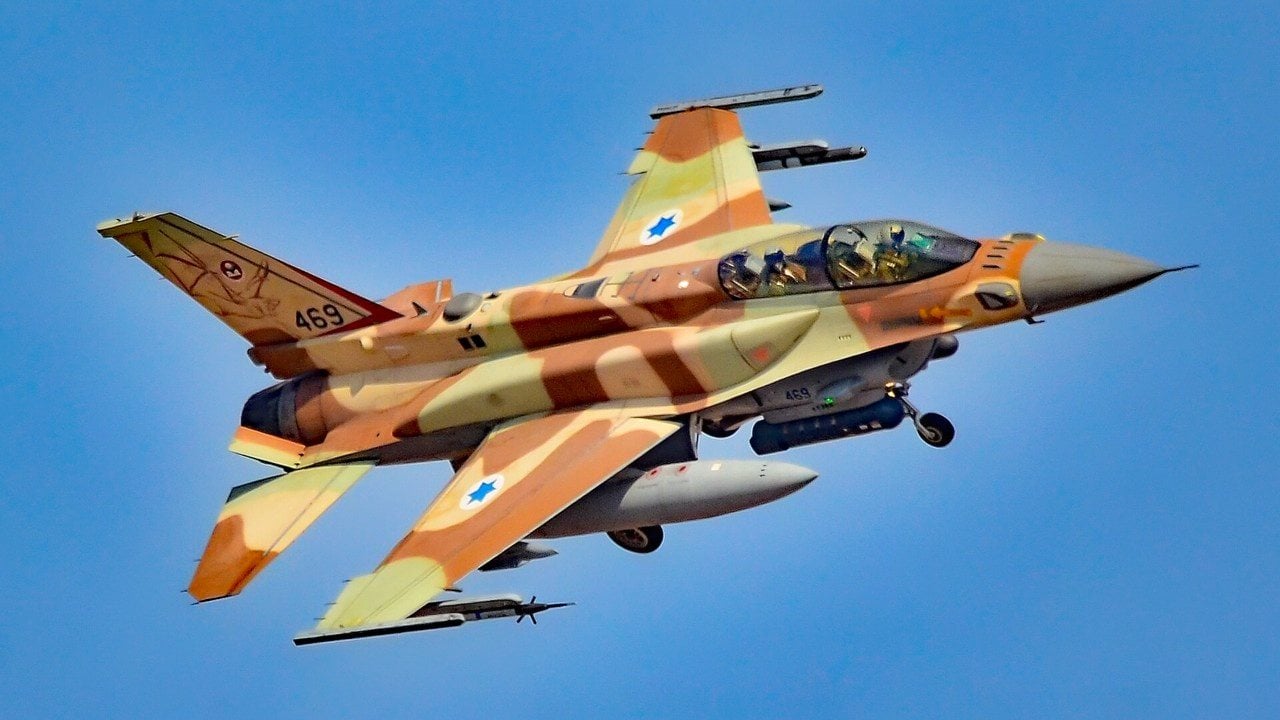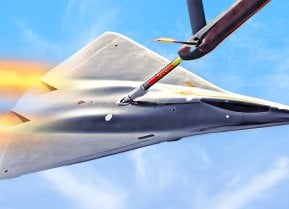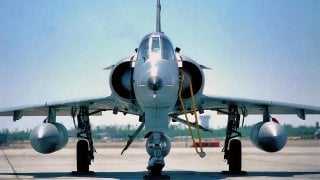Kfir: The Fighter Jet From Israel That Was Feared By Every Air Force
The Kfir, developed by Israel Aerospace Industries in the 1970s, is a multirole fighter-bomber designed to outperform the Mirage III.
Summary and What You Need to Know Now: The Kfir, developed by Israel Aerospace Industries in the 1970s, is a multirole fighter-bomber designed to outperform the Mirage III.
-Powered by a General Electric J79 engine, it offers supersonic speed (Mach 2.3) and advanced electronic warfare capabilities.
-The Kfir played a key role in the 1982 Lebanon War and was later replaced by the F-16, though it remained in service.
-The aircraft has been exported to several countries and is used by the U.S. military for training as an aggressor aircraft, cementing its reputation as a versatile and reliable platform.
Kfir Fighter Jet: Israel’s Supersonic Multirole Powerhouse
The Kfir fighter jet is a multirole combat aircraft developed by Israel Aerospace Industries in the 1970s. It was built to meet the Israeli Air Force’s need for a versatile fighter-bomber with improved performance over the Mirage III.
The Kfir was designed to have a longer range and carry a heavier payload than the preceding Mirage III. It is an indigenous Israeli design, and this warbird was tailored to meet Israel’s specific strategic needs.
Understanding the Kfir
Israel’s Kfir is equipped with a comprehensive electronic warfare suite, including a radar warning receiver, missile approach warning system, and chaff and flare dispensers. It also has a self-protection jammer to disrupt enemy radar and missile guidance systems.
The Kfir is equipped with advanced avionics and can carry a wide range of air-to-air and air-to-ground weapons, including Python 4 and Python 5 air-to-air missiles, as well as various bombs and rockets.
The Kfir can further carry air-to-ground missiles including the AGM-65 Maverick, AGM-84 Harpoon, and AGM-142 Popeye. The aircraft can arm the Mk 82 and Mk 84 general purpose bombs, along with laser-guided bombs. Additionally, these warbirds can pack 2.75-inch and 5-inch rockets.
The Kfir is a highly interoperable fighter craft, both with American weapons systems and European ones.
These birds are powered by a single General Electric J79-GE-17 turbojet engine, which provides 11,870 pounds of thrust. The engine is well regarded among aviators for its reliability. It was used in various other craft, including the legendary American third-generation warplane, the F-4 Phantom II.
The Kfir is a supersonic, all-weather, multirole fighter-bomber capable of reaching a maximum speed of Mach 2.3. It has a service ceiling of 58,000 feet and a combat range of 477 miles.
How the Kfirs Were Used
Israel first deployed the Kfir in 1975. During the 1982 Lebanon War, the Kfir was used by the IAF to great effect, specifically in air-to-ground missions. The Kfir was further used in the 1991 Gulf War, where it flew multiple reconnaissance missions over Saddam Hussein’s Iraq.
Inevitably, the Kfir was replaced by the F-16 Fighting Falcon. Citing the F-16’s better performance, more advanced avionics, and greater payload capacity, the Israelis jumped at the chance to purchase this system (modified specially to serve the IAF’s specific needs).

Still, the IAF continued to utilize the Kfir. And while the F-16 has undoubtedly been a worthwhile investment for Israel, the Kfir was a great warbird. It was Israel’s first real attempt to indigenously produce a reliable fighter. The Kfir met and exceeded expectations.
The Kfir has been exported to multiple countries over the years, including to Colombia, Ecuador, Sri Lanka, and even the United States. The U.S. military uses Kfir warplanes as aggressor craft in training operations.
This versatile and capable fighter-bomber has served the IAF well for many years. It is a popular export plane. Although it has been replaced by more advanced aircraft, the Kfir remains a formidable platform that will forever be regarded as an all-around great bird.
Author Experience and Expertise: Brandon J. Weichert
Brandon J. Weichert, a National Interest national security analyst, is a former Congressional staffer and geopolitical analyst who is a contributor at The Washington Times, the Asia Times, and The-Pipeline. He is the author of Winning Space: How America Remains a Superpower, Biohacked: China’s Race to Control Life, and The Shadow War: Iran’s Quest for Supremacy. His next book, A Disaster of Our Own Making: How the West Lost Ukraine, is due October 22 from Encounter Books. Weichert can be followed via Twitter @WeTheBrandon.
All images are Creative Commons or Shutterstock.
From the Vault
Russia Freaked Out: Why the U.S. Navy 'Unretired' the Iowa-Class Battleships
Battleship vs. Battlecruiser: Iowa-Class vs. Russia's Kirov-Class (Who Wins?)


